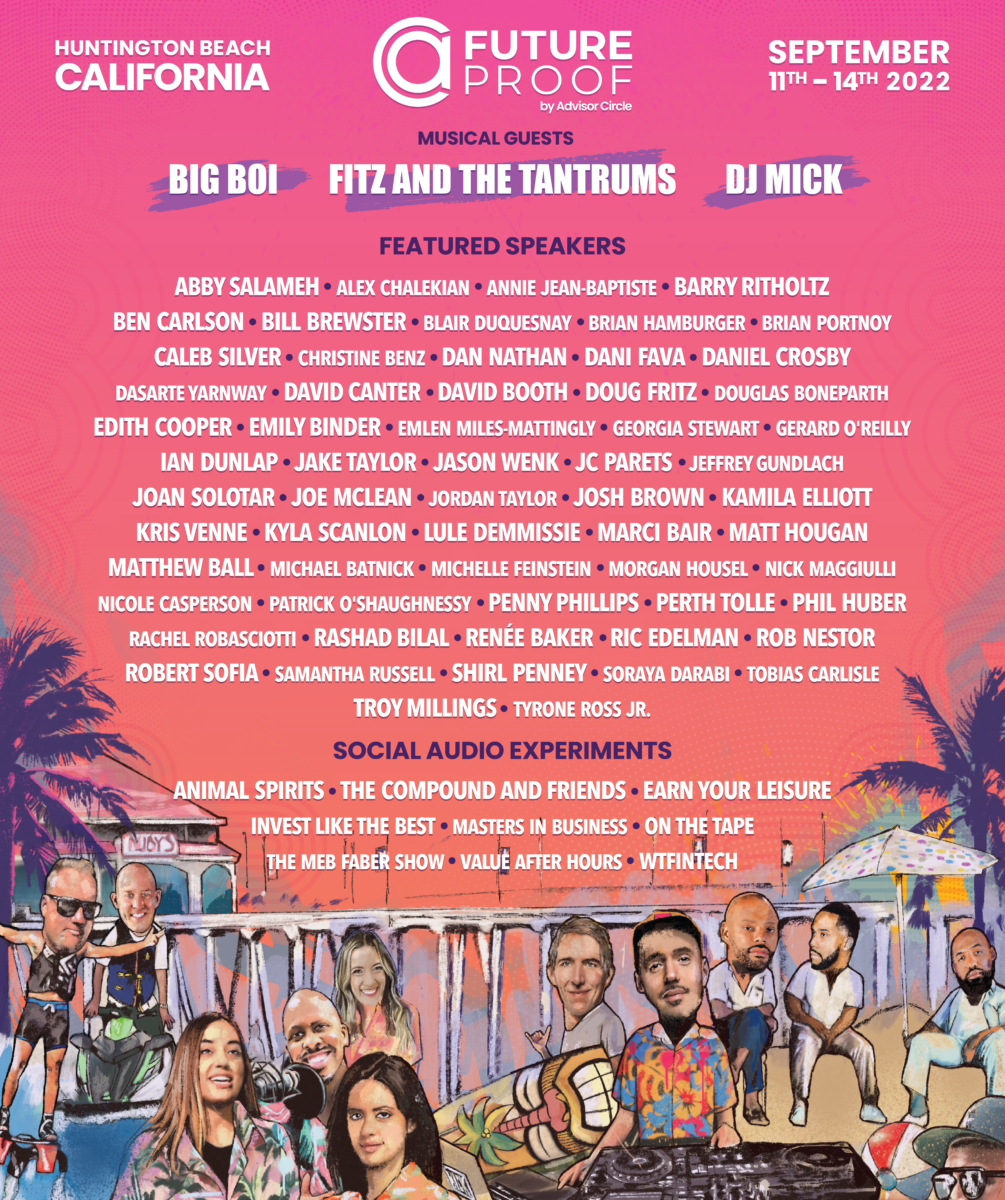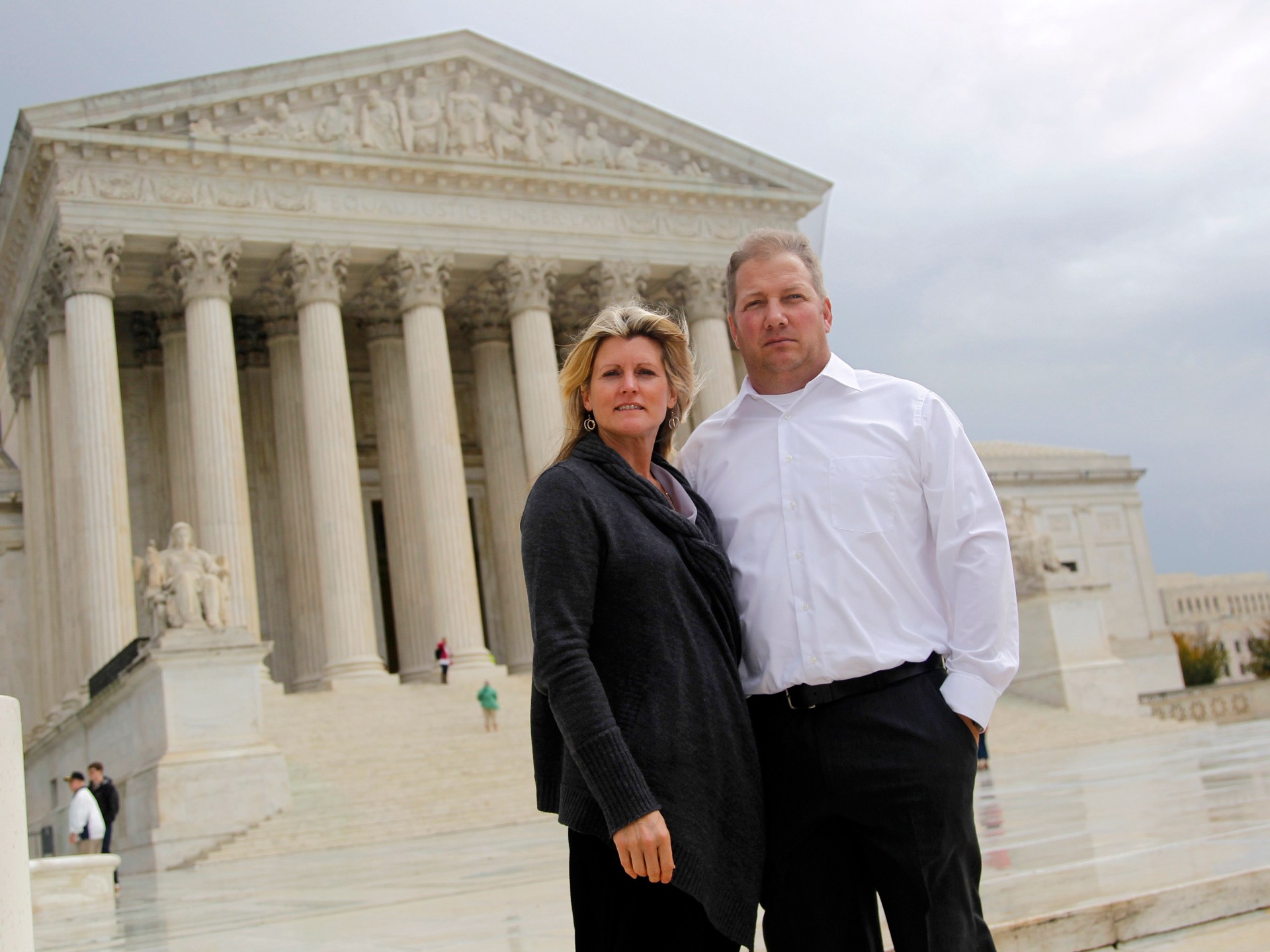“It is easier to go to the moon than build homes for people. But events or situations are never themselves trapping. It is only our limited and conditioned interpretation of them. There is an alternative to fear and dissolution, the art of bringing new light to bear.” – Dom Thomas Cullinan.
There are, indeed, people who have learnt the art of bringing light to situations of darkness and dreariness.
In 1993, the year before the dawn of our democracy, Jeremy Seabrook, published a book: Pioneers of Change , Experiments In Creating A Humane Society. In it he recounts how he was inspired to start an Alternative Nobel Prize , which became know as the Right Livelihood Award, awarded annually:
“In recognition of pioneering efforts in the areas of peace, sustainable development, environmental integrity, social justice and human rights”.
This initiative was started by Jakob von Uexkull with his own personal funds, an amount of $100,000 from selling his Saudi stamps from his stamp collection business.
The Right Livelihood Foundation was set by Jakob von Uexkull in the late 1970,s, when he realized that there were many people whose work , largely unrecognized then, offered practical , hopeful solutions to the growing problems of resource depletion, environmental degradation, social injustice, infringement of human rights, such as gender-based violence against women and other social ills.
In South Africa and in Africa, as a whole, we have no shortage of examples of such innovative initiatives, started by people, some of whom are still alive, others have passed on, but their legacy projects are speaking on their behalf, to this day.
There are numerous examples of these pioneers of change in the South Africa landscape.
Only a few examples will suffice to make the point.
For example, in, some of whose stories 1993, Ms Zanele Mbeki and friends started a Women’s Development Foundation and a Women’s Bank that will mark its 30th Anniversary in 2023.
These two entities have helped an untold number of rural women, in particular, whose stories were told and documented in their 25th Anniversary in 2018- women who were living in squalor , but when encouraged and motivated to start their own businesses rose to become viable middle-income businesses, able to improve their living conditions and regained their lost dignity.
Another is the indomitable and legendary Martin Wragge, a man who had it in his head, in the turn of the century, to start a Smart City, on a barren piece of land, most of which was a swamp, dreaming that it would grow in size to be about three times the centre of the Cape Town CBD. Most of his peers he shared his dream with, considered him as going bonkers/ crazy.
Today , Century City, in Cape Town is a reality , a modern city with features such as a mall with 400 shops under one roof , with building and offices serving multinational companies, a residential precinct, an international conference centre , hotels and restaurants, recreational facilities and every facility you can think of, in a modern city, is found in this vibrant smart city , and most importantly, providing employment to thousands of people who would otherwise be swelling the ranks of the unemployed. It took only one person with a vision and determination to break ranks and start something much bigger than himself.
Another less recognized giant in his field of law, a lawyer who had built a successful commercial law practice, at the peak of his career – the now late Arthur Chaskalson, former Chief Justice of South Africa, left his successful practice, at the height of Apartheid.
Moved by compassion, for the large numbers of African people who appeared in courts, most times unrepresented or poorly represented, he and friends came with the idea of establishing a Legal Resources Trust, that would raise funds from local and overseas donors and the Legal Resources Centre, that would employ trained and competent public interest lawyers, who would take up cases , in the public interest , to the highest courts in the land, and represent indigent clients and communities. I was privileged in the early days of the LRC to be one of those lawyers in 1985, to do a Fellowship program – an orientation in public interest law, later admitted as an Attorney and Advocate. The LRC took up these cases to the highest courts in the land , fighting apartheid laws, until some of the more abhorrent laws, such as the Pass laws were abrogated even before the dawn of our democracy. The LRC operated from Johannesburg, Pretoria, Durban, Port Elizabeth, Grahamstown and Cape Town.
It paid its lawyers salaries so as not to charge their clients fees, supported by these donations.
It has done a splendid and sterling piece of work, in promoting and protecting human rights in South Africa, and continues to do so.
The LRC continues to represent people whose human rights are violated even under the democratic dispensation. There was never something like the Legal Resources Centre before. It was an innovation that gave many young lawyers an opportunity to cut their teeth in legal practice of a unique kind, and some rose in the legal profession to be advocates and judges in the highest courts , with Arthur leading the charge, as the first Chief Justice of the Constitutional Court.
There are many more pioneers of change on the South African landscape, some of these, we learn about them, when they are flighted by TV Channels such as BBC, African Voices, instead our local media finding these initiatives and highlighting them for us, as they give hope , instead of the horrors of crime and grime and gossip and everything else, that is depressing.
Most recently, we have learned of the pioneering work done in building a smart city (Nkuna Smart City Project) in Nkuzana hamlet in a rural village, in Limpopo, by the up and rising star, Mike Nkuna, a renowned property developer by now. The development is underway on 119 hectares of land, which is going to change people’s lives like never before.
South African cities and towns are over-populated, as they carry populations beyond what their infrastructure was meant to hold, as a result of rampant in-migration of people from all over the country and continent. Building smart cities contributes to depopulating these over-crowded spaces.
We know little about the pioneering work done by our young people, because there is poor coverage of it by our newspapers.
The pioneers of change also span the length and breadth of the African Continent. Just two examples:
-the first is One Acre Fund, started in 2006, by a student from the Massachussttes Institute of Technology ( MIT ) who visited Kenya and came across starving African farmers. He quickly realized that they had no know-how of farming, no technical training, no knowledge of good seeds, and transport for their produce from their fields to the marketplace, and no finance.
He set up a Revolving Loan Fund, which helped them to get started and in no time they were enthusiastic as they saw the improvement in their crops, increase in the yield at harvest time, which brought them more money, and most ended up being very successful farmers, under the mentorship program of One Acre Fund, which has been in existence now for sixteen years this year. Its Annual Reports are available from 2006 to the latest and make very interesting reading of how people,s lives, pre-eminently, rural women, who are in the majority of beneficiaries, are now able to build better houses for their families and send their children to school, up to tertiary institutions, with pride.
Another example comes from Ethiopia, where I met a young woman, attending the UN Commission On Women, who had been part of the starting of a Women,s Cooperative in her country. She rose from being a leader of 30- member group to one of 300 members. She related that in her village nobody knew her name , but through the mobilisation activities of women, her name became a household name. She could not believe that she was now at the United Nations meeting, representing women from her country-
the Women’s Development Group (WDG) that was boasting 577 ,000 groups with total membership of 12 million members, now working closely with the Government of Ethiopia. By reason of their numbers they now wield enormous power, and government works with and through them.
These women have been so economically empowered, through government allocating land to them, with title deeds in their own name, without reliance and dependence, on their male counterparts – a pattern of gender discrimination, misogyny and oppression, perpetuated from time immemorial.
There is no reason why a newspaper like The African, which has coverage over 40 countries in Africa, should not shoulder the responsibility of collating all the examples of the pioneers of change in Africa, and periodically publish a compendium of these stories and the people behind them.
“We have the means and we have the manpower to eliminate hunger from the face of the earth. We need only the will “. [ John F . Kennedy ]
By Dr Wallace Mgoqi.
BUSINESS REPORT

















